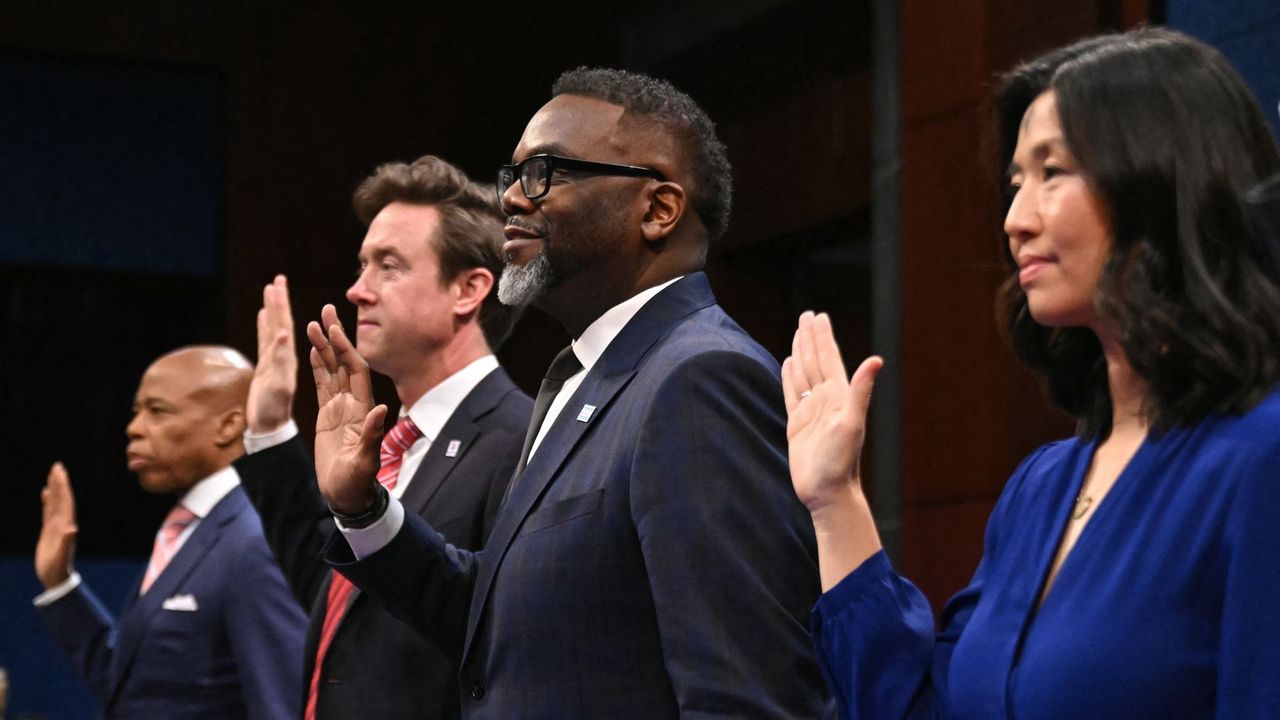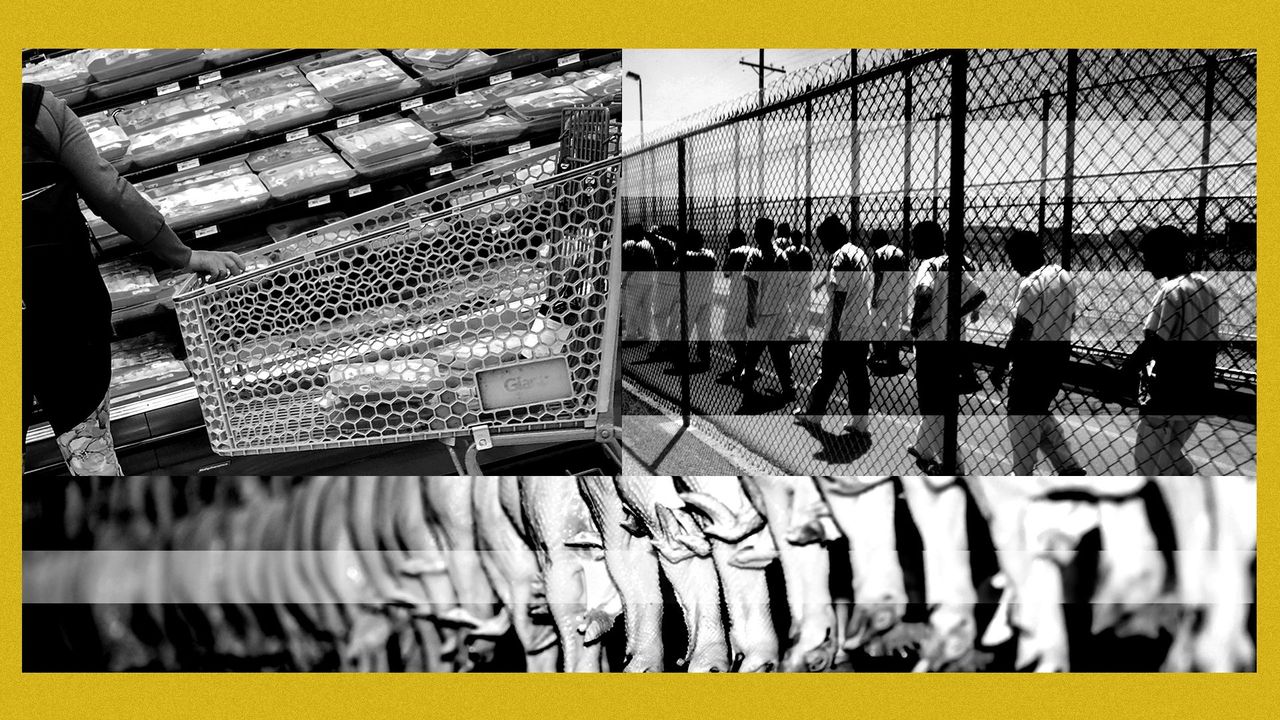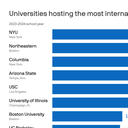Republicans lead sanctuary city probe targeting Democratic mayors
Republican legislators called for a Department of Justice investigation into Democratic mayors they accused Wednesday at a House committee hearing of leading sanctuary cities.
The big picture: A "sanctuary city" label could have major consequences, with Republicans threatening to pull federal funding and, in Denver Mayor Mike Johnston's case, pursue criminal charges.
- President Trump signed an executive order the day he was inaugurated calling for federal grants to sanctuary cities to be cut.
Driving the news: Although federal courts have blocked Trump's order, Chicago Mayor Brandon Johnson, Boston Mayor Michelle Wu and New York Mayor Eric Adams were targeted in a five-hour-plus House Oversight Committee hearing in Washington, D.C. Wednesday.
- Committee Chair James Comer (R-Ky.) defined sanctuary cities as those that "violate federal immigration law by protecting criminal aliens" and those that "refuse to cooperate with federal immigration enforcement efforts."
What they're saying: Rep. Anna Paulina Luna (R-Fla.) accused the mayors of "harming the American people."
- Johnson responded: "We comply with all laws, local, state and federal."
Friction point: The Democratic mayors and Republican lawmakers primarily disagree on the circumstances that should compel local law enforcement to cooperate with U.S. Immigration and Customs Enforcement agents.
- All the mayors said they work with ICE when presented with a criminal warrant.
- Republican legislators, however, say the cities must additionally honor ICE detainers, which require holding arrestees longer than legally allowed.
- Several municipalities face lawsuits for using detainers when detainees were determined to be U.S. citizens.
Zoom in: Adams is suing the Trump administration for funding for asylum seekers.
- He faces federal bribery and fraud charges the DOJ is fighting to have dropped so Adams can comply with Trump's immigration policies.
- He agreed to honor detainer requests.
More from Axios:
- Republicans push to investigate sanctuary city mayors
- Boston mayor grilled as misinformation flies at sanctuary cities hearing
- Congress threatens Denver mayor with jail over immigration policies









